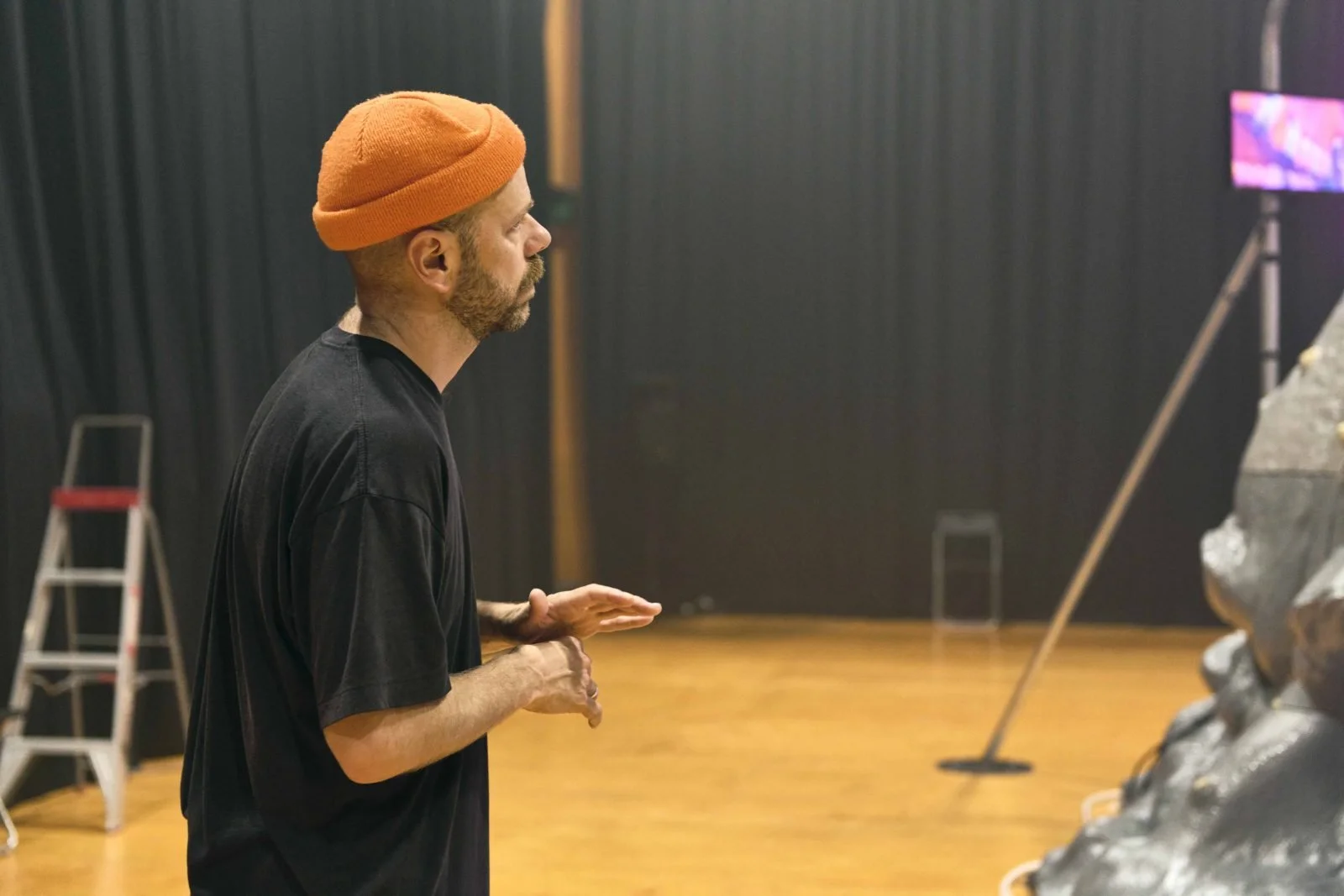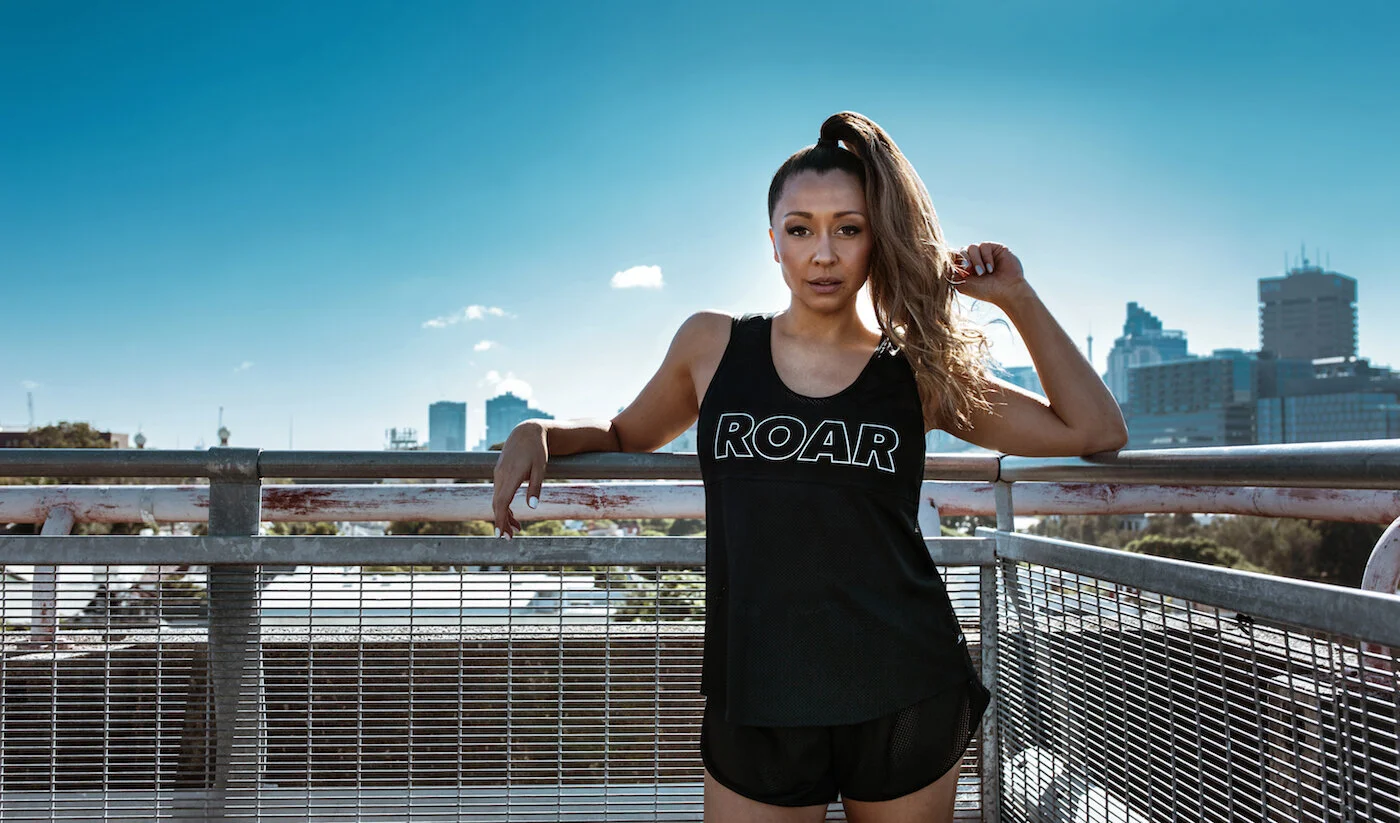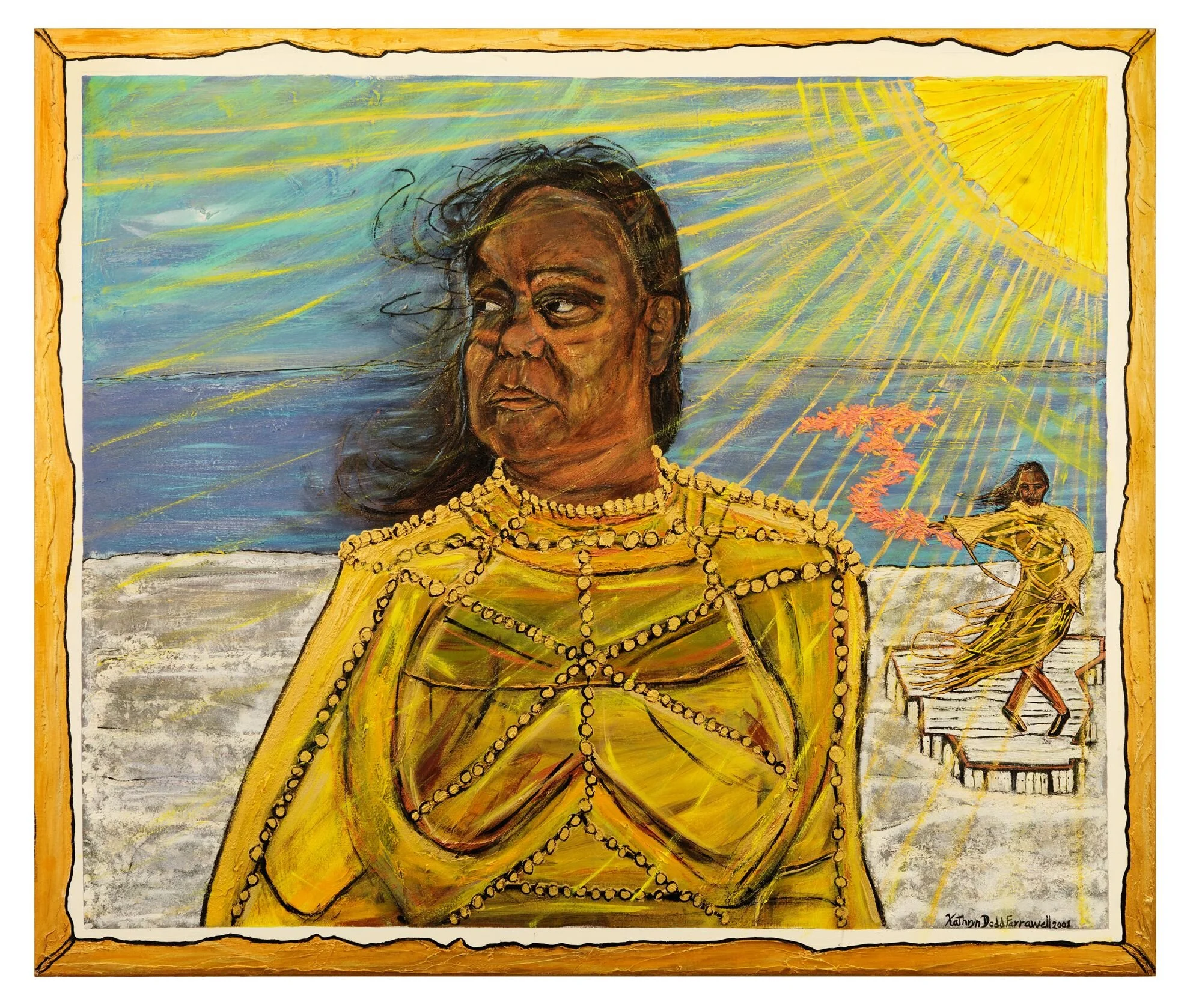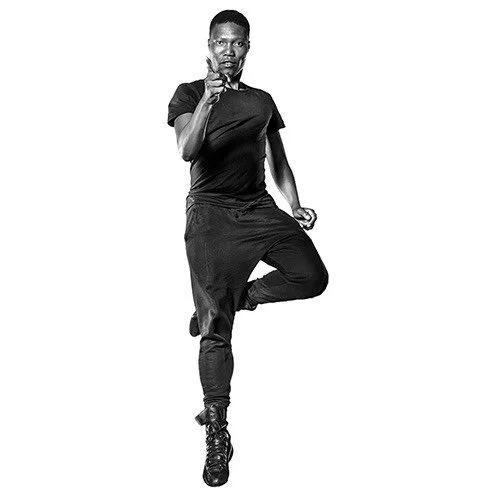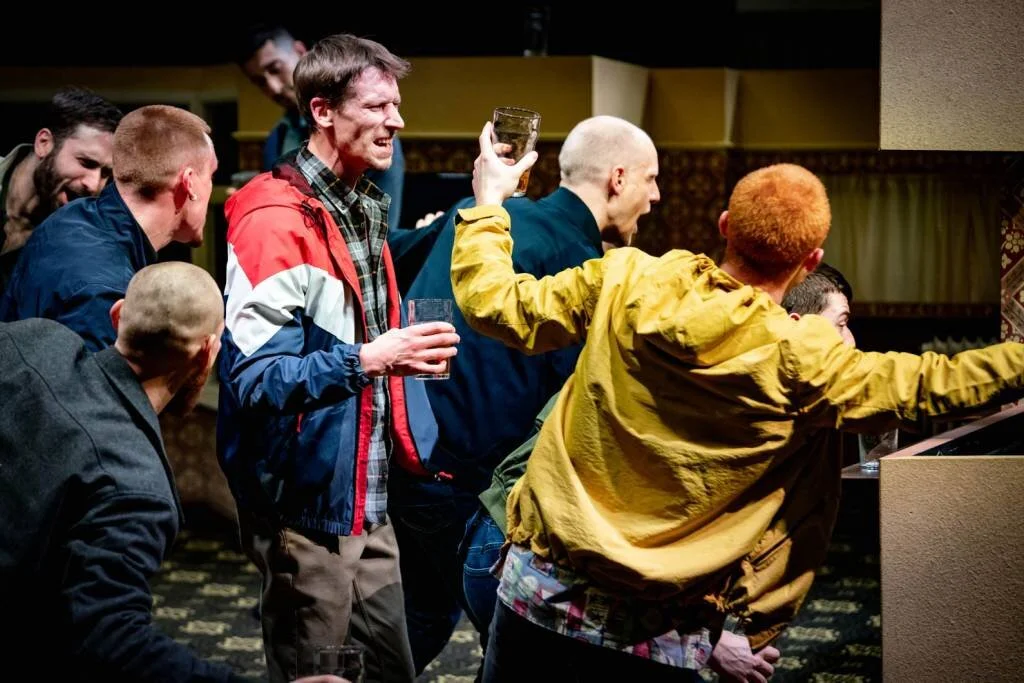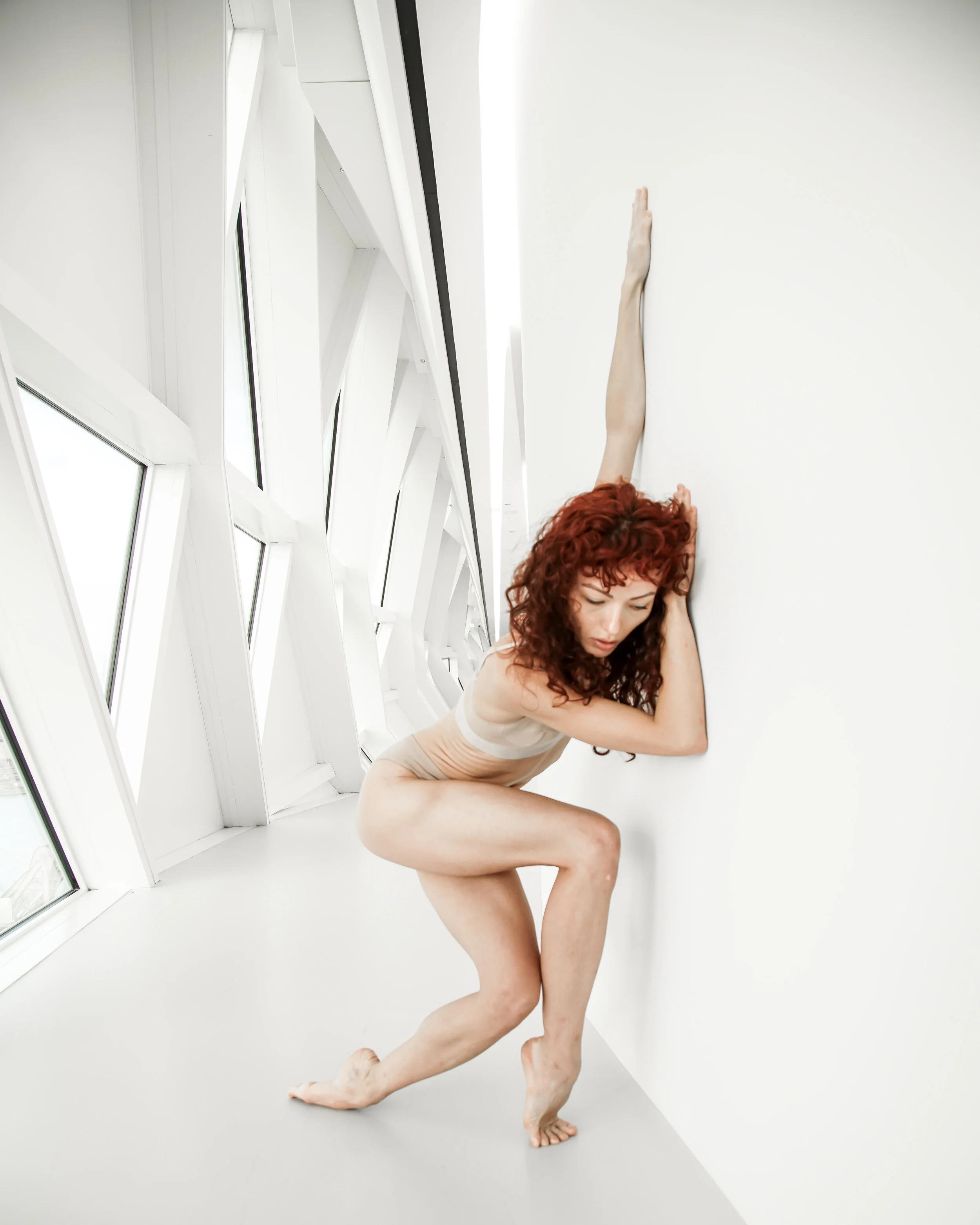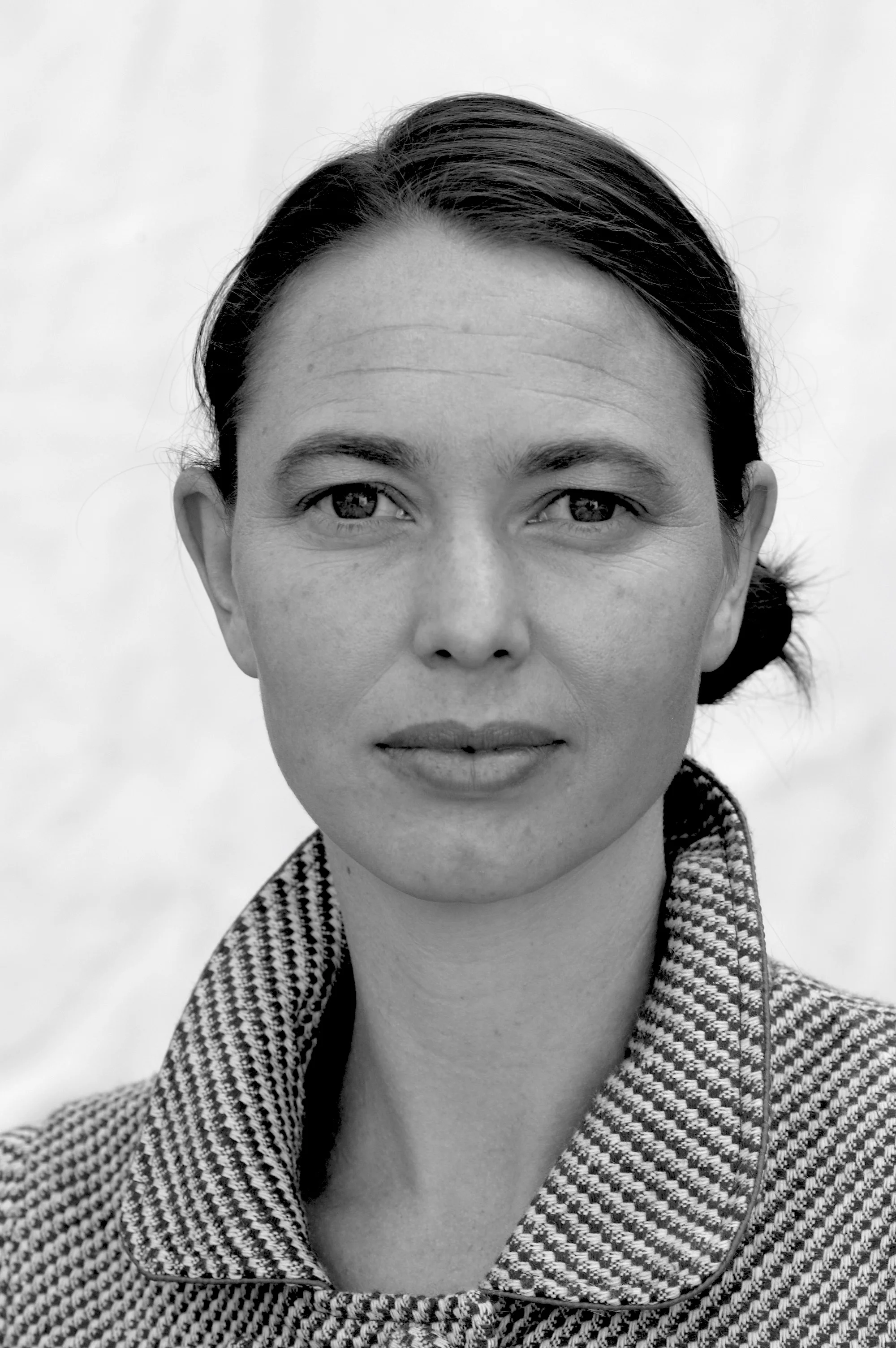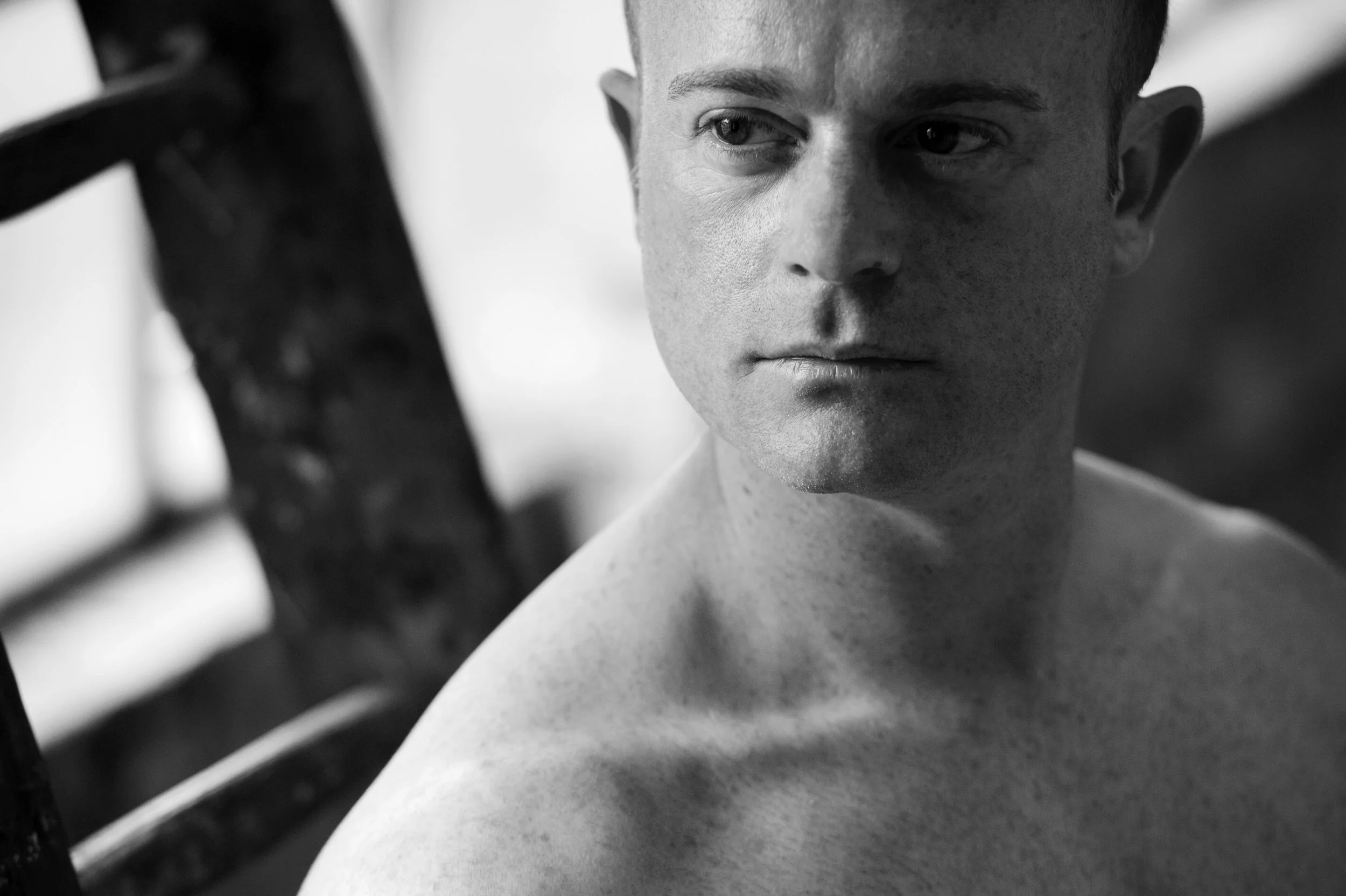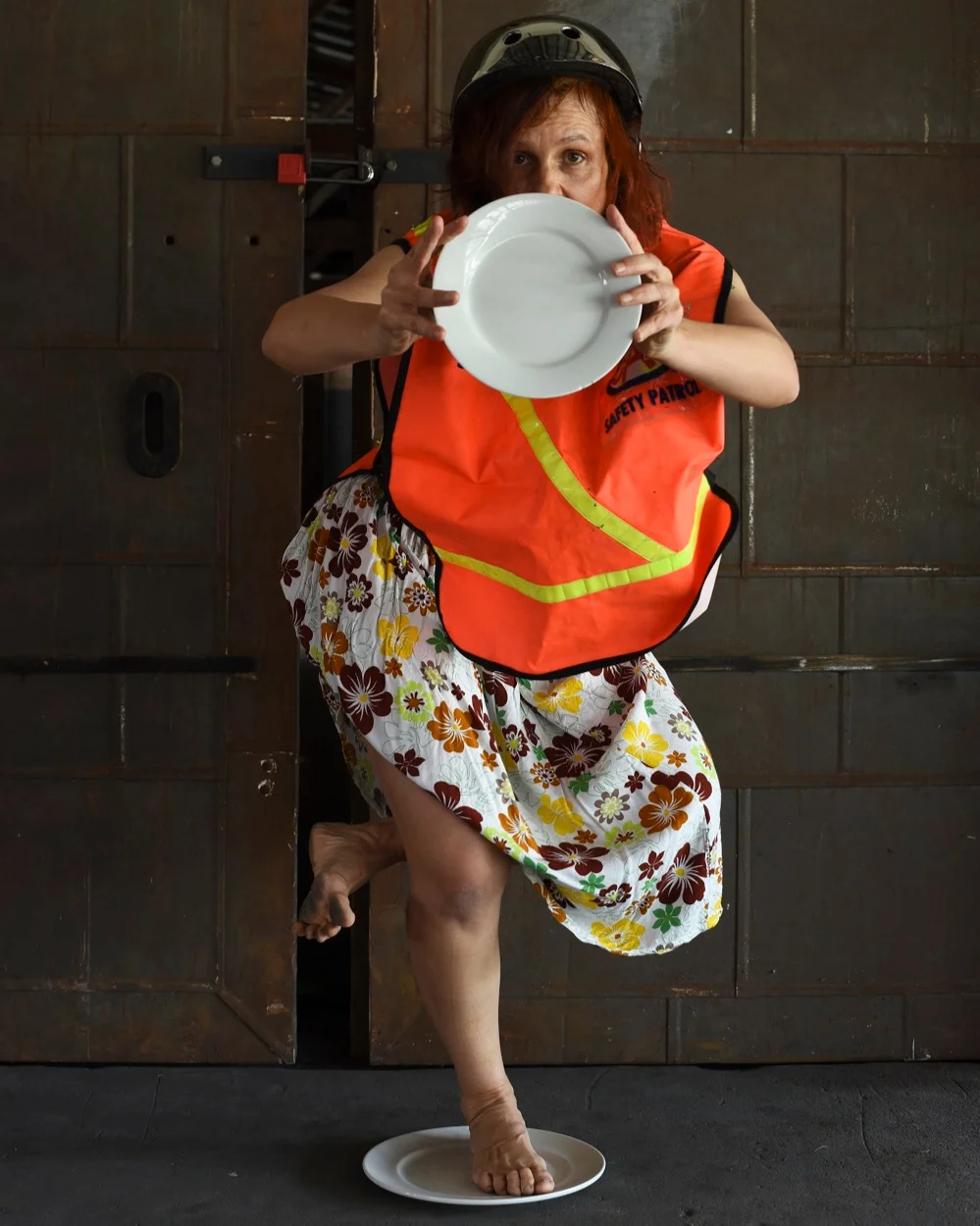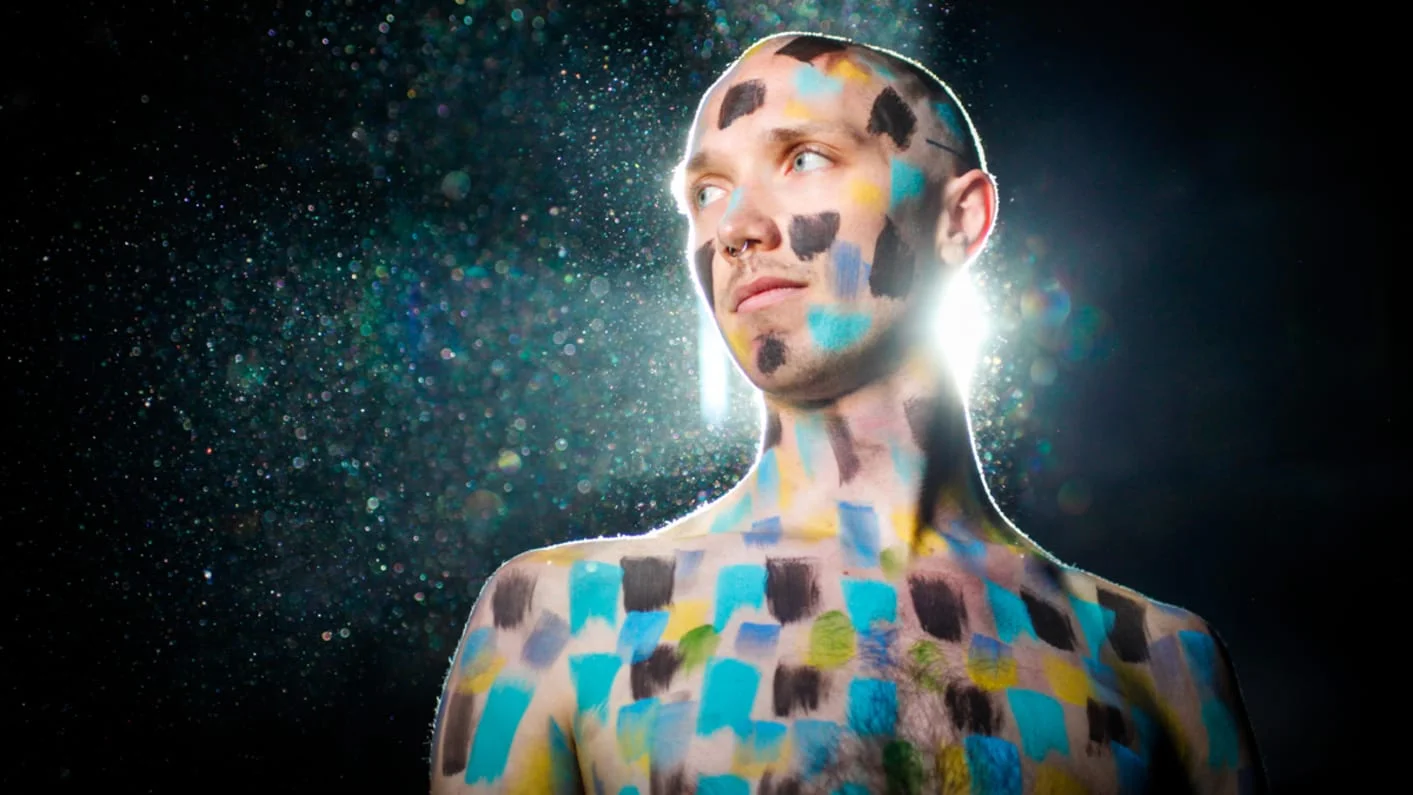Gregory is the author of the 2020 International Dance Day message – which so poignantly addresses the fragility of the world and humankind.
Gregory’s dance journey provides a powerful insight to the dance of dance as a political voice and his voice has carried across the world. His insightful, unflinching, International Dance Day message speaks to his empathy and insight as an activist and artist.
Gregory became interested in dance in the late 1980s as a means to escape the political tensions growing in his place of birth. He started his formal dance training in 1990 at Moving Into Dance wherein 2002 he became the Associate Artistic Director. Maqoma has established himself as an internationally renowned dancer, choreographer, teacher and director. He founded Vuyani Dance Theatre (VDT) in 1999 when he was undertaking a scholarship at the Performing Arts Research and Training School (PARTS) in Belgium under the direction of Anne Teresa De Keersmaeker.
Maqoma is respected for his collaborations with artists of his generation like Akram Khan, Vincent Mantsoe, Faustin Linyekula, Dada Masilo, Shanell Winlock, Sidi Larbi Cherkaoui, Nhlanhla Mahlangu and Theatre Director James Ngcobo.
Several works in his repertoire have won him accolades and international acclaim. This includes FNB Vita Choreographer of the Year in 1999, 2001 and 2002 for Rhythm 1.2.3, Rhythm Blues and Southern Comfort respectively. He received the Standard Bank Young Artist Award for Dance in 2002. Maqoma was a finalist in the Daimler Chrysler Choreography Award in 2002 and in the Rolex Mentorship Programme in 2003. He is the recipient of the 2012 Tunkie Award for Leadership in Dance. In 2014 he received a “Bessie”, New York City’s premier dance award for Exit/Exist for original music composition. He served as a nominator in the 2016–2017 Rolex Arts Initiative as well as curating the 2017 Main Dance Program for The National Arts Festival. His current works ‘Via Kanana’ and ‘Cion: Requiem of Ravel’s Bolero’ were touring in Africa and Europe when Covid closed borders and dancers were forced to return to South Africa.
In 2017 Maqoma was honoured by the French Government with the Chevalier de l’Ordre des Arts et des Lettres (Knight of the Arts & Literature) Award. In 2018 was honoured by the South African Department of Arts & Culture with the inaugural Usiba Award for dedication to dance teaching.
In 2018 Maqoma collaborated with William Kentridge as a choreographer and performing in Kentridge’s opera ‘The Head And The Load’ toured to the UK, Germany, Austria, Holland and New York.
In 2019 Maqoma, collaborated with Idris Elba and Kwame Kwei-Armah in the production Tree produced by Manchester International Festival and the Young Vic. He is also part of the selection committee for Dance Biennale Afrique Festival which was to take place in Marrakech in 2020.
You can find a written transcript of this interview here.
INTERVIEW AND TEXT BY LIZ LEA
DELVING INTO DANCE IS SUPPORTED BY THE VICTORIAN GOVERNMENT THROUGH CREATIVE VICTORIA AND THE AUSTRALIAN GOVERNMENT THROUGH THE AUSTRALIA COUNCIL, ITS ARTS FUNDING AND ADVISORY BODY. IF YOU ENJOY DELVING INTO DANCE PLEASE CONSIDER LEAVING A CONTRIBUTION. CONTRIBUTE HERE.
‘We value everyone equally, but you know, of course each person has a role to play in the team that's been created, but no one is, you know, less valuable than another.’
‘My daughter Billie, she was in rehearsal today. My son Archie grew up the first two or three years of his life, like, on tour with me when I was with Bangarra Dance Theatre and just being in the artistic environment and being surrounded by people is such a beautiful gift, I think, that I can give to them as well.’
‘When I'm making dance and when I think about choreography or art, I often relate my early childhood experiences to the things that I make now as well.’
‘I guess for a lot of people, ballet is still very much an evolving, developing language. I think people think it was probably stuck in a time and hasn't progressed. But modern ballet is very challenging and arresting and it's finding new ways of working with an old structure.’
‘In my hibernation my creativity turned to writing. I spent hours happily at my computer with my writing, which sometimes feels like choreography. The results of these writing hours are some rough chapters recounting special experiences of my life, and in particular, my life here at Mirramu.’
‘So I've been refusing the temptation to put work on online to put work on platforms where they eliminate that very core function of connecting people’
Edna Reinhardt, a passionate creative dance and yoga educator with decades of experience in the field.
I used to say for a long time that I thought the dance was the Prozac of the art forms. […] there is an aesthetic that dominates our work, often complex or ugly or difficult issues are glossed over because people are pointing their feet and look very lovely.
I'm really looking forward to finding more lightness and more joy and looking forward to exploring some of my ideas.
I think now I am really sort of hungry to do more things that are really outside of my preconceived box of what I can do or what kind of dancer, I identify as or think of myself as.
“What I love about the dance world is that it has the possibility of bringing together so many different cultures, so many different people, beliefs, ways of thinking, ways of being in a space … we always find a common ground and a way to exist and support one another and to create something really beautiful”
"[Dance] It gave me an outlet and a way to express myself, and to be in a space where I could see myself represented."
“Dance, it has a tribal background, everyone does dance, initially, as kids, and we will do it socially. So I think there's a very powerful message there that can be utilised by choreographers when they're creating their works.”
“Dance can provide a space for people to have a kinesthetic response to something and to be given a place to meet their body in watching another body move.”
"I really loved the freedom of expression, and just realising that... I don't need to use my mouth if I wanna tell a story."
“some of the best advice that I ever got, as a young student, was make the dance that you want to watch”
“I want us to all be held responsible for watching what is happening on stage, as opposed to 'I can't see the person next to me. And so therefore, it doesn't matter'. Actually, I want us to all take part in what I'm putting on stage and be responsible and have thoughts about that. If we do that, then we're having a bigger conversation about what has actually on our stage today.”
“I have this curiosity for what my body remembers, also pre this life that I've known. And that's not to be esoteric, that's actually anchored in some of the incredibly fascinating research to do with trauma in the body and generational trauma.”
“There is something about sharing something with somebody, or about teaching somebody something that allows space for a conversation that you might not normally have.”
“my ambitions are taking me into other mediums where there is such a liberation, because I don't know the rules, because I don't understand the parameters because I don't understand techniques, because I don't understand tools, or how to do this, or what I should be doing. You know, and there's, there's such a liberation in that. And I think the most valuable thing that I have at the moment is this costume design situation.”
“Dance has the ability to take the moment and to expand that out, so you can almost, you can take one or a few things, and really pull them apart and really understand them. […] Dance allows the possibility for authentic human to human encounters; that I think are becoming more and more precious in this digital world.”



